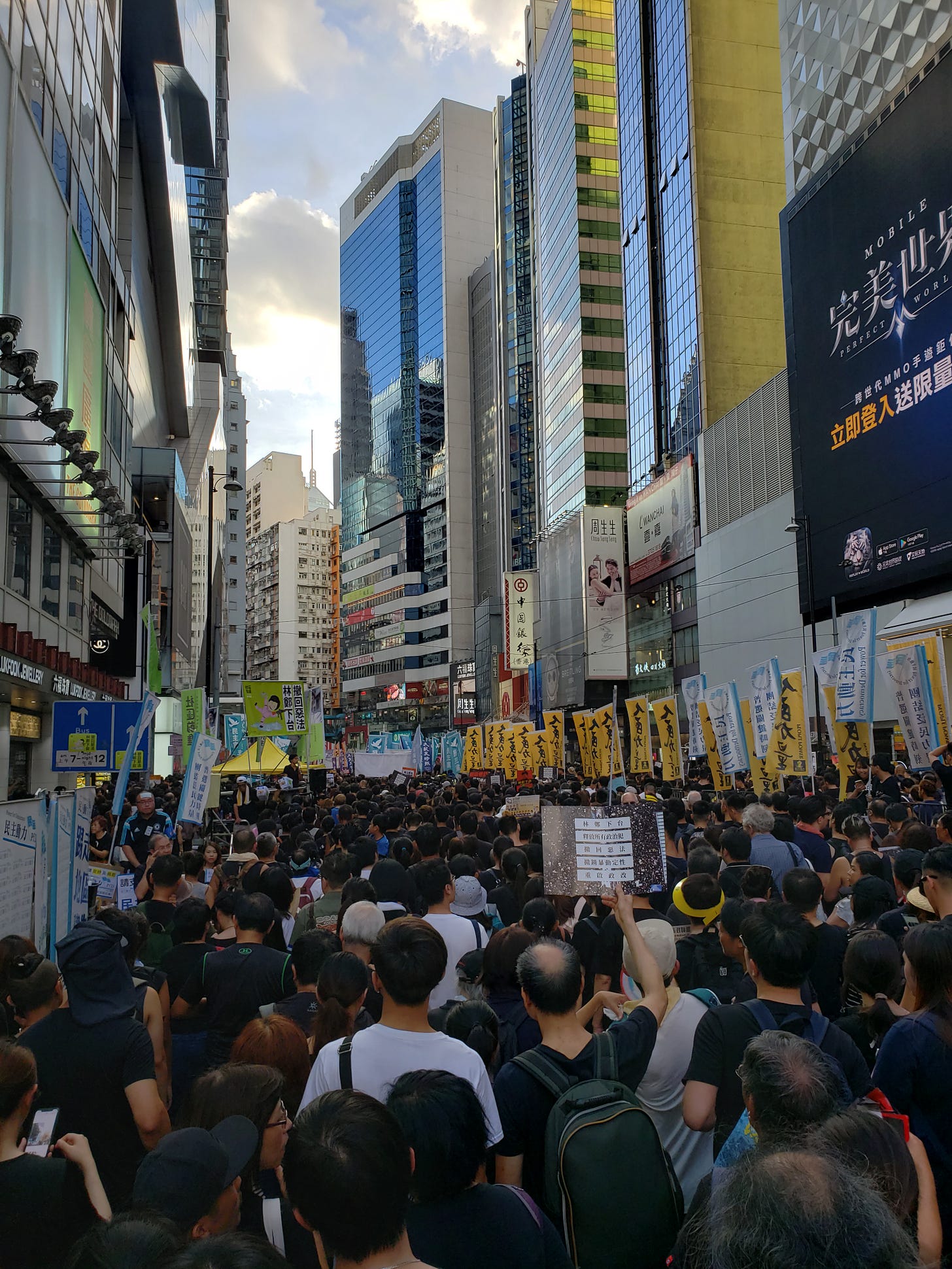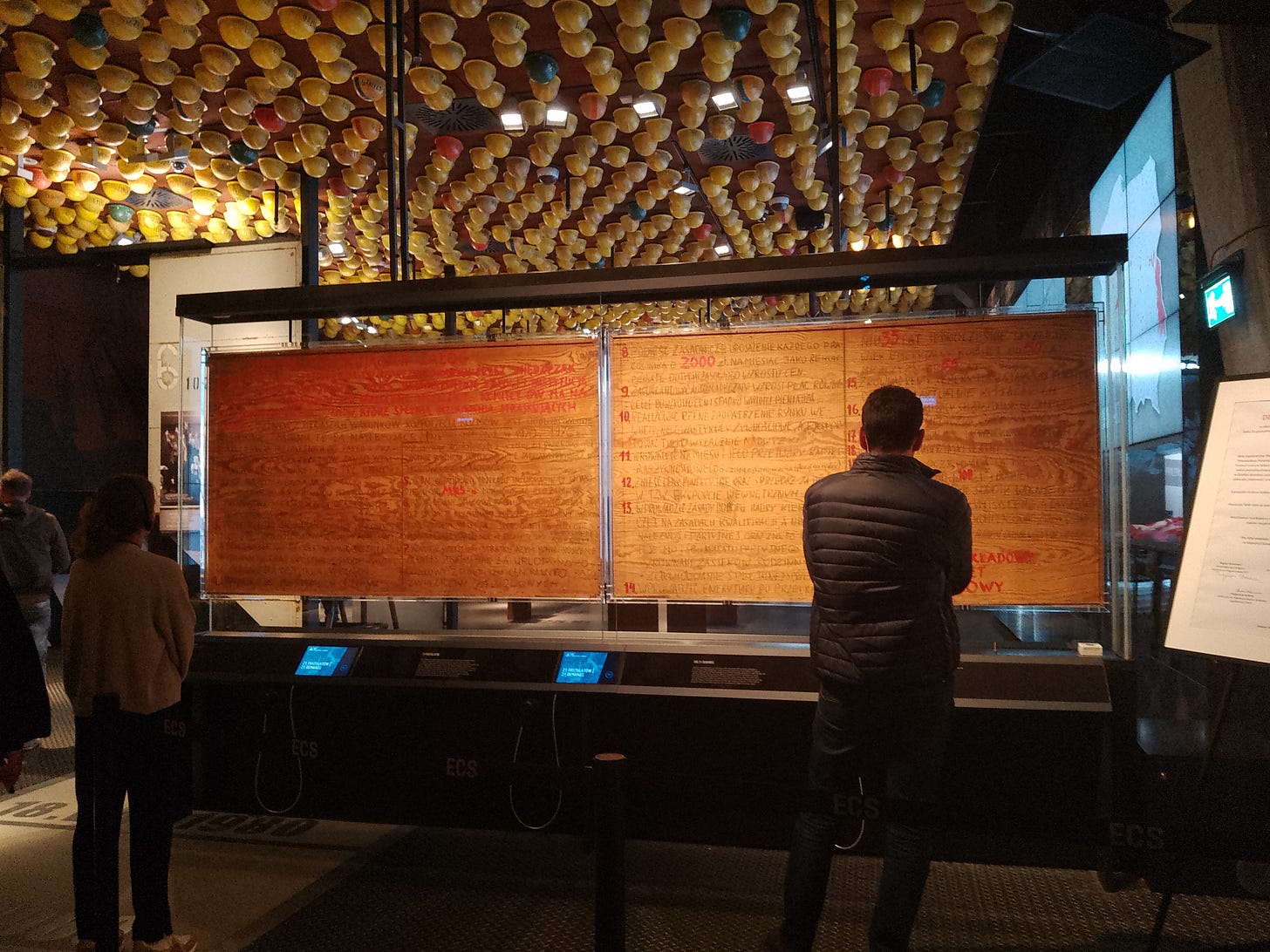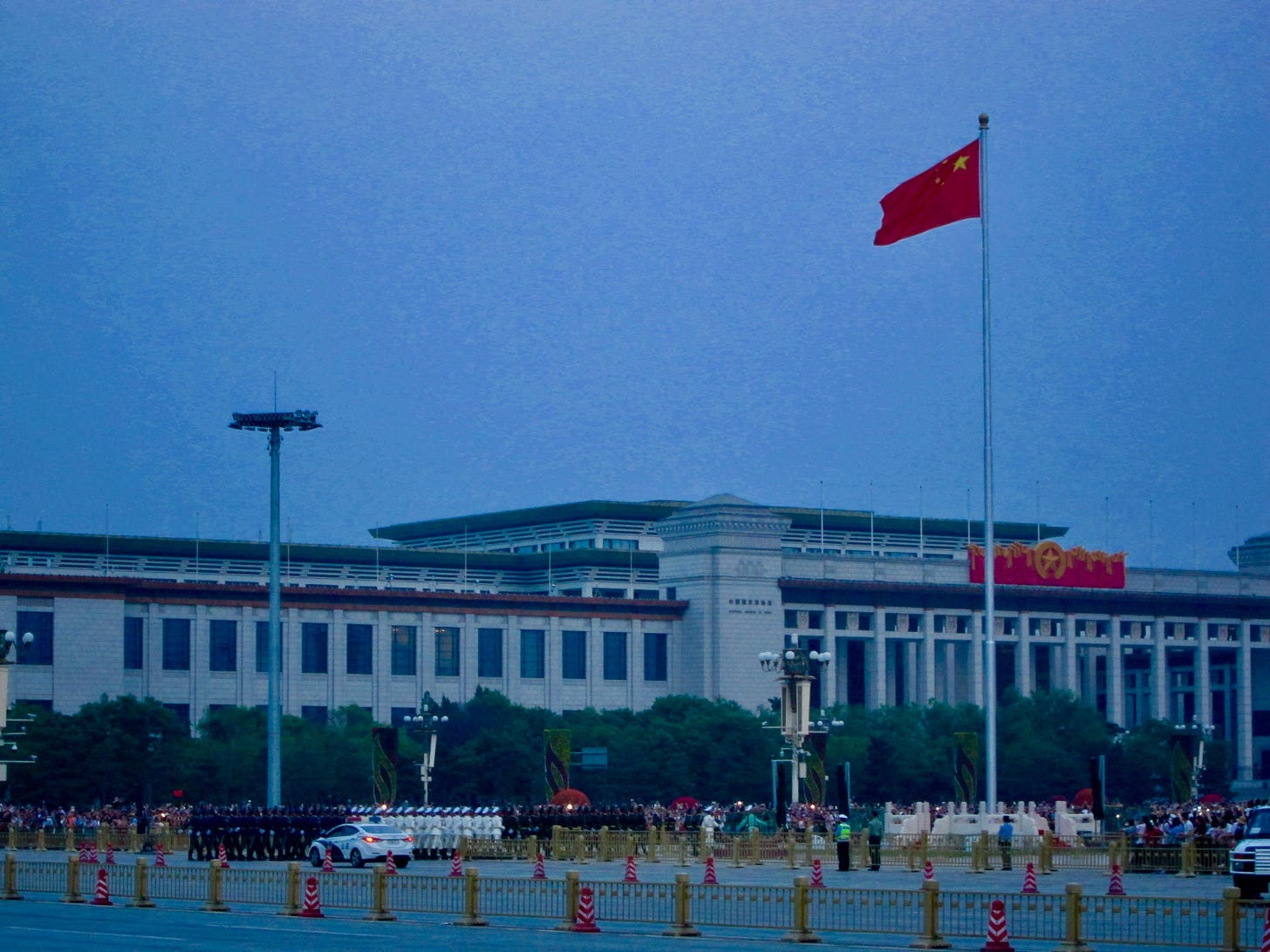June 4, 1989 was an unremarkable day in the United States. Dale Earnhardt won the Budweiser 500 in Dover, Delaware, and Angela Lansbury hosted the Tony Awards.
But in two communist nations on two other continents, June 4, 1989 would see events that would shape world history for decades to come.
In 1989, things were changing in mainland China. Reforms under the rule of Deng Xiaoping had rapidly transformed the country, creating economic growth and new challenges. After the death of a reform-oriented Communist Party official in April, students across mainland China began to protest for economic reform and political freedoms. Tiananmen Square in Beijing saw one million protestors at a single protest in May, which coincided with the presence of Western journalists in town covering a visit by Mikhail Gorbachev.
Some government officials advocated compromising with the protestors, but the fears of reactionary leaders won out. Martial law was declared but stymied by thousands of citizens blocking the movement of troops. Eventually, soldiers opened fire on the protestors, killing the reform movement and hundreds of people in the process.
Today, references to the Tiananmen Square Massacre are censored across mainland China. There are no vigils to remember the dead. There is no plaque noting the site. And authoritarian rule continues to control mainland China with an iron grip that does everything it can to crush dissent.
You may have noticed that I said “mainland China” instead of China. That’s because in 1989, Hong Kong was a British colony, Macau was a Portuguese colony, and Taiwan (officially the Republic of China) remains de facto independent to this day. Hong Kong was returned to Chinese rule in 1997 under an arrangement described as “one country, two systems,” where Hong Kong would retain its limited democracy and only a select few things would be controlled by the mainland government.
At least, that’s how it would work on paper. When I studied abroad in Hong Kong in 2019, I was able to visit the Tiananmen Square Museum and speak openly about it. Shortly after I returned home, a vigil held to commemorate the 30th anniversary of the massacre kicked off a turbulent protest movement that sought to stop an extradition treaty between Hong Kong and Mainland China, as well as establish universal suffrage.

The COVID-19 pandemic derailed the protest movement, and in 2020 the mainland Chinese legislature passed a “national security law” that criminalized many of the protest slogans and drove opposition leaders into exile, retirement, or prison. The museum I visited is now closed, and AFP reports that this year several people were arrested for trying to commemorate the massacre, whether by chanting “Don’t forget June 4! Hong Kong people, don’t be afraid of them!” or holding white chrysanthemums.
But June 4, 1989 has very different connotations in Poland, which I learned on a visit last year to the European Solidarity Centre in Gdańsk.
Like mainland China, the 1980s were a decade of change in Poland. A strike at a shipyard snowballed into the formation of the Solidarity (Solidarność) labor union in 1980, which led to further strikes opposing communist authorities. Its growing popularity and influence led Poland’s authoritarian government to outlaw Solidarity, arrest its leaders and declare martial law in 1981. Solidarity continued to work underground, and eventually in 1989 authorities recognized it and agreed to partially free elections.

Decades of one-party communist rule, years of fascist occupation and rule by an illiberal regime led by war hero Józef Piłsudski and a cabal of military officers meant that Poland hadn’t seen an open election since the 1920s, and in 1989 it still didn’t see one. Some seats in the legislature were contested, while others were effectively reserved for communist officials. But it was much freer than any election held in several decades. As tanks rumbled through the streets of Beijing on June 4, 1989, ballots filled boxes in Warsaw.

The results of the election were resounding. The anti-communist opposition won 160 of 161 contested seats in one legislative chamber and 92 of 100 in another. Communist authorities remained in control due to the seats they reserved for themselves, but it was clear that change was in the air, and this change spread throughout Poland, the Soviet Union and all Warsaw Pact members. Within two years the communist governments of every Warsaw Pact member had collapsed.
Like in many countries today, Polish democracy faces serious challenges, but a democracy with problems is much better than a dictatorship that claims to have none.
And today, things in mainland China don’t look good. But things in Poland didn’t look good in 1981 when Solidarity was outlawed and its leaders were arrested, and yet a decade later Poland’s communist regime had completely collapsed, along with the Soviet Union and all of its European satellite states.
Latest Articles:
Old bones can be a small town’s movie stars
https://writersontherange.org/old-bones-can-be-a-small-towns-movie-stars/
US exhibition shines light on overlooked Polish history (page 20)
https://polandweekly.com/2023/03/23/poland-weekly-23-march-2023/




